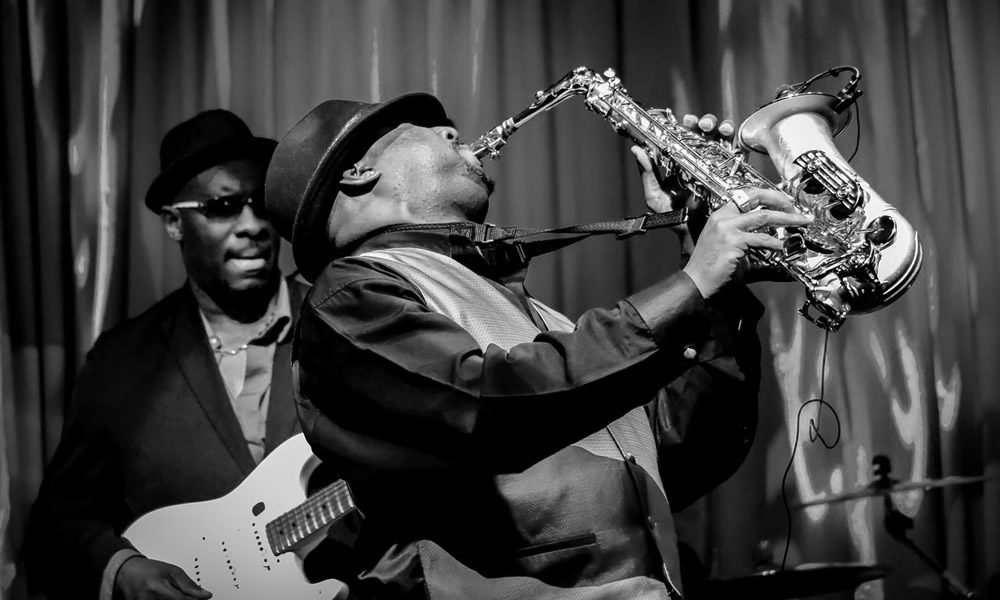Its Origins
Jazz is recognized as a diverse musical genre that places a focus on improvisation, intricate harmony, and syncopated rhythms. With roots in blues and ragtime, jazz is a musical style that first appeared in the African-American neighborhoods of New Orleans, Louisiana, in the late 19th and early 20th century. It has been acknowledged as a significant form of musical expression in both traditional and popular music since the Jazz Age of the 1920s.
Thesis Statment
Jazz is distinguished by swing and blue notes, intricate chord structures, call-and-response singers, polyrhythms, and improvisation. The rhythmic rites of Africa and European harmony are the roots of jazz.

Different Styles of Jazz
In the 1930s, jazz music style grew and gave rise to several music genres on a global scale.The most recognized styles are Ragtime, Blue, Swing, Bebop, and Cool Jazz.
Devlopmanet of Jazz

Jazz developed in the United States in the very early part of the 20th century. New Orleans, near the mouth of the Mississippi River, played a key role in this development. The city’s population was more diverse than anywhere else in the South, and people of African, French, Caribbean, Italian, German, Mexican, and American Indian, as well as English, descent interacted with one another. African-American musical traditions mixed with others and gradually jazz emerged from a blend of ragtime, marches, blues, and other kinds of music. At first jazz was mostly for dancing. (In later years, people would sit and listen to it.) After the first recordings of jazz were made in 1917, the music spread widely and developed rapidly. The evolution of jazz was led by a series of brilliant musicians such as Louis Armstrong, Duke Ellington, Charlie Parker, and Miles Davis. Jazz developed a series of different styles including traditional jazz, swing bebop, cool jazz, and jazz?rock, among others. At the same time, jazz spread from the United States to many parts of the world, and today jazz musicians–and jazz festivals–can be found in dozens of nations. Jazz is one of the United States’s greatest exports to the world
Louis Armstrong
Duke Ellington
Charlie Parker
In Conclusion
Jazz made a significant contribution to society. Due to the shared experience of the music, it helped to bridge the gap between African American culture and the rest of American society.

